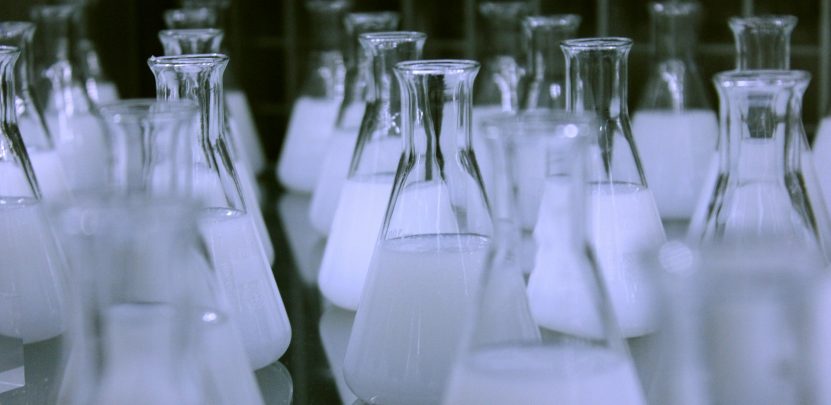 News
News8 August 2016
Daiwa Adrian Prizes 2016: Winners Announced
Categorised under: Grants
Winners of the 2016 Daiwa Adrian Prizes, the prestigious awards for scientific collaboration in the UK and Japan, have been announced.
Following an assessment conducted by a panel of Fellows of the Royal Society, the Trustees of The Daiwa Anglo-Japanese Foundation have awarded four Daiwa Adrian Prizes of £10,000 to joint UK-Japan scientific research teams.
Daiwa Adrian Prizes are awarded by The Daiwa Anglo-Japanese Foundation on a triennial basis in recognition of significant scientific collaboration between British and Japanese research teams. They were established in 1992 and subsequently renamed to commemorate the late Lord Adrian, a founding Trustee of the Foundation, at whose initiative the Prizes were established.
Since their launch, 42 Prizes totalling £485,000 have been awarded to 84 teams representing 77 different institutions, including 36 from the UK and 39 from Japan – indicating the breadth and diversity of scientific achievement by scientists in the two countries.
The Prizes were assessed by the Royal Society’s Hook Committee, chaired by Professor Richard Morris CBEFMedSci FRS. In the Committee’s appraisal, comments ranged from ‘A truly international collaboration, longstanding, tightly interwoven and productive’ to ‘The potential impact of this research is very exciting and the underlying science captivating.’
Previous Daiwa Adrian Prizes have recognised ground-breaking work in areas as diverse as antibiotics research, plasma physics, aerospace exploration and plant-pathogen interaction.
Daiwa Adrian Prizes 2016: Winners
| Ceramic Oxide Surfaces: Gas-Solid Interactions for High Temperature Electrochemical Devices | |
|---|---|
Imperial College London |
Kyushu University |
|
Professor John Kilner (Team Leader) Professor Stephen Skinner Mr Matthew Niania Dr Sam Cooper |
Professor Tatsumi Ishihara (Team Leader) Professor John Druce Professor Helena Tellez Professor Aleksandar Staykov Dr Taner Akbay |
| Materials Discovery using Extreme Conditions | |
|---|---|
University of Edinburgh |
Kyoto University |
|
Professor J. Paul Attfield (Team Leader) Dr Angel Arevalo-Lopez Dr Elise Pachoud Dr James Cumby Dr Calum Lithgow |
Professor Yuichi Shimakawa (Team Leader) Professor Mikio Takano Professor Takashi Saito |
| Understanding magnetic energy release at all scales in the solar atmosphere: from small-scale jets and flares that are seen anywhere on the sun, to large scale explosions that are hard to predict and can have a significant impact on the Earth. | |
|---|---|
University College LondonUniversity of Cambridge |
National Astronomical Observatory of JapanNagoya UniversityInstitute of Space and Astronautical Science |
|
Professor Louise Harra (Team Leader) Professor John Leonard Culthane Dr Helen Mason Dr Deborah Baker Dr Sarah Matthews |
Dr Hirohisa Hara (Team Leader) Professor Tetsuya Watanabe Dr Shinsuke Imada Dr Shin Toriumi Dr Toshifumi Shimizu |
| Using Synthetic Human Chromosomes to understand Epigenetic Regulation of Chromosome Regulation | |
|---|---|
University of Edinburgh |
Kazusa DNA Research Institute |
|
Professor William C. Earnshaw (Team Leader) Mr Jan Bergmann Mr Nuno Martins Dr Oscar Molina Mr Jan Ruppert |
Dr Hiroshi Masumoto (Team Leader) Dr Jun-ichirou Ohzaki Dr Megumi Nakano Mr Nobuaki Shono Dr Koei Okazaki |